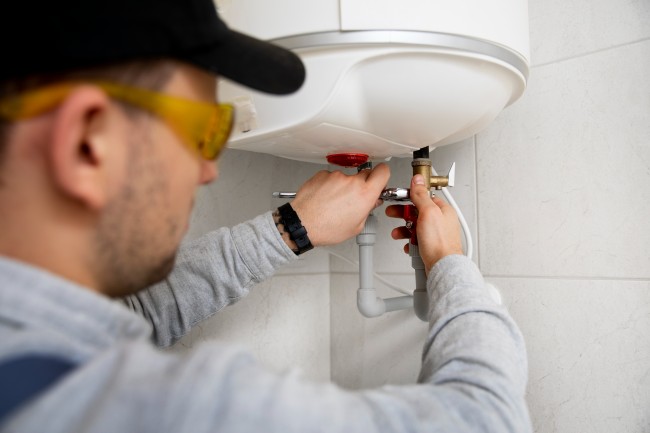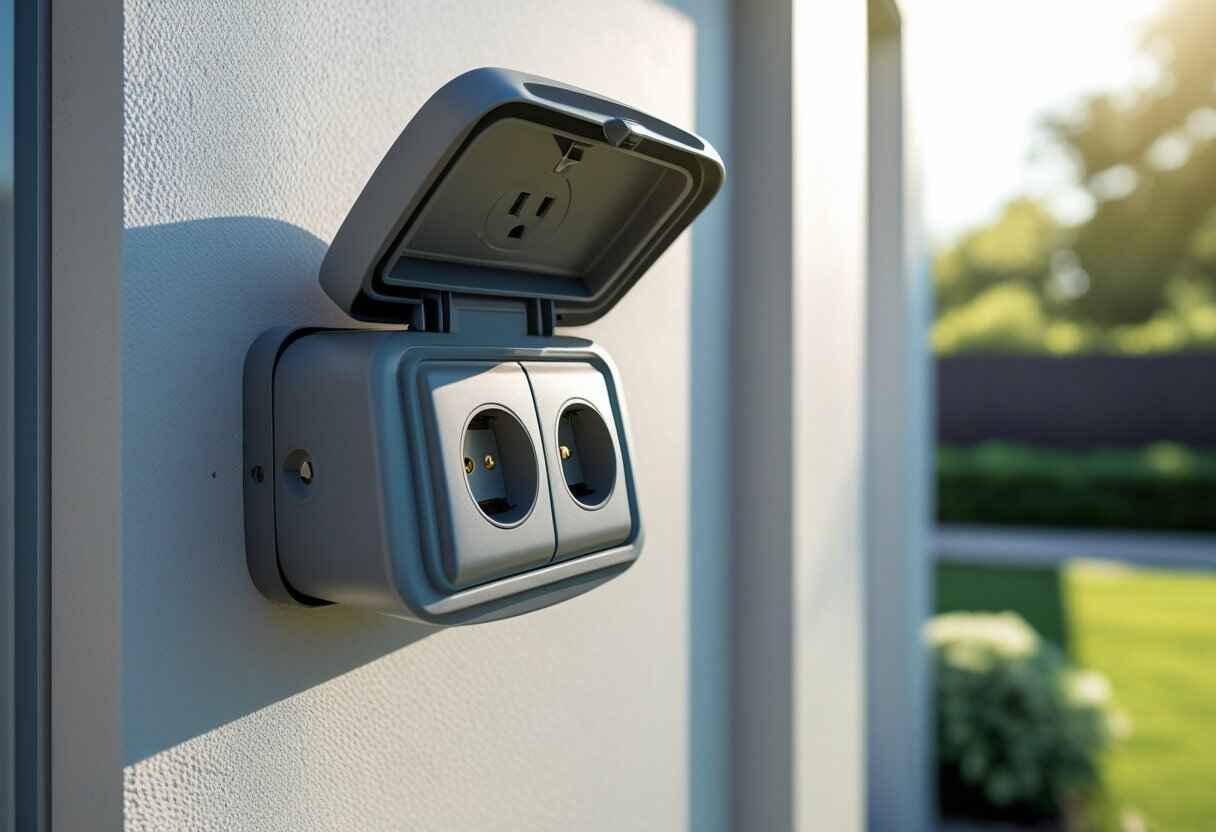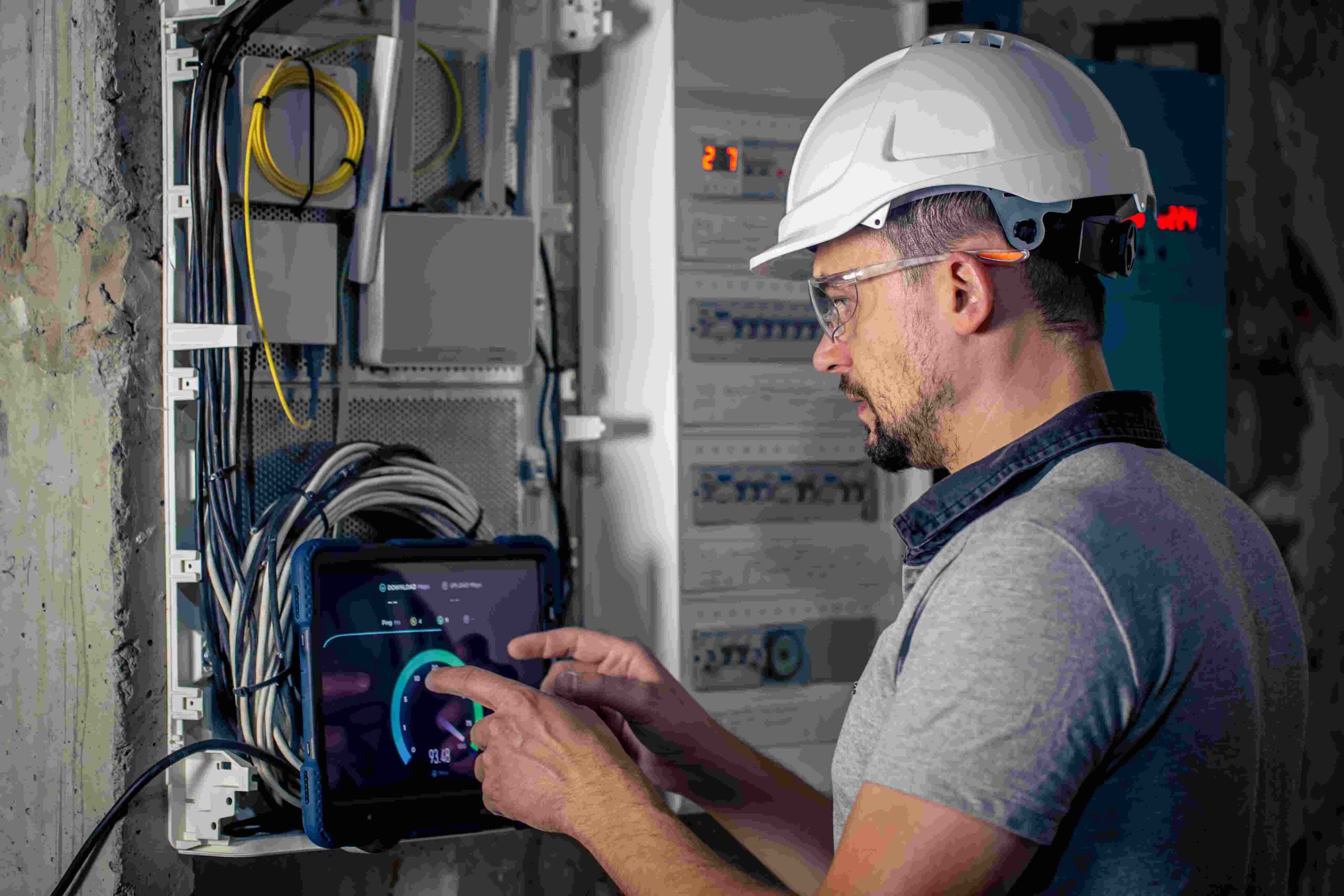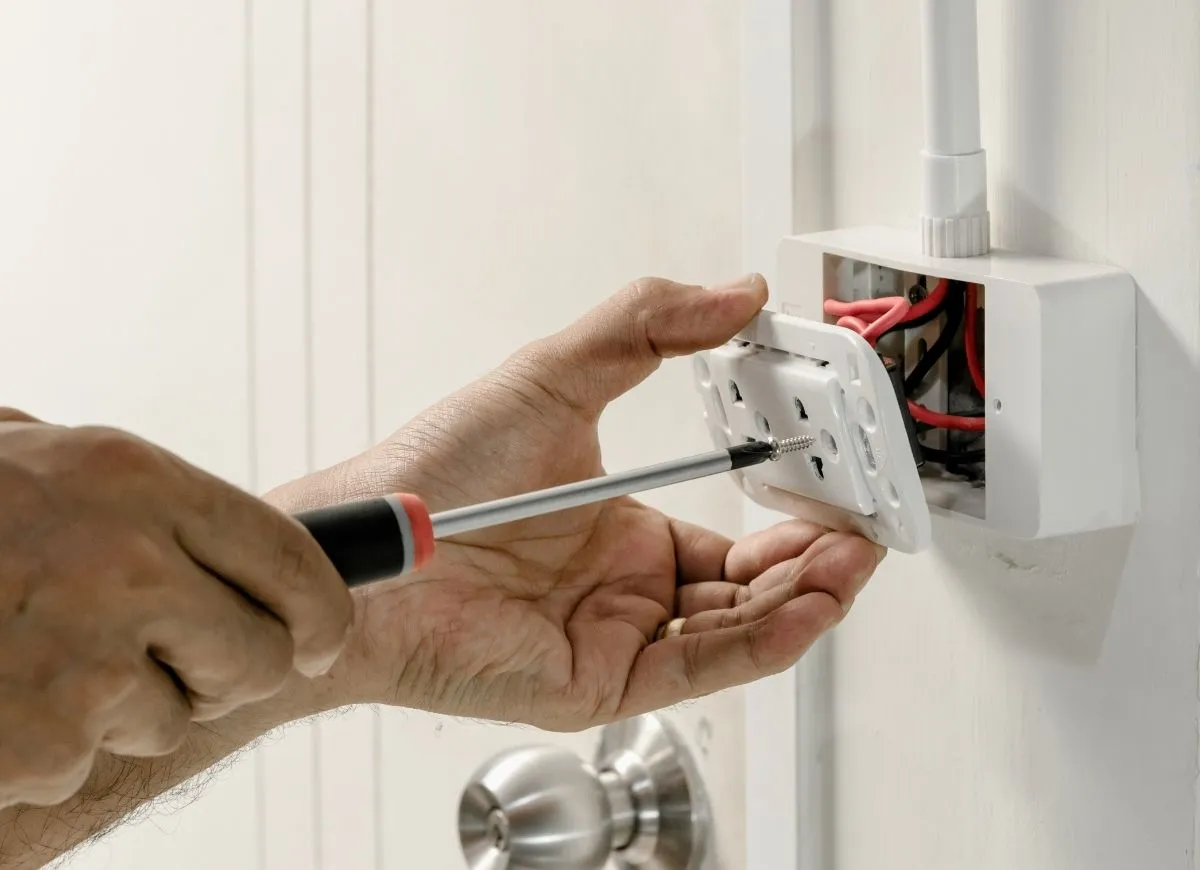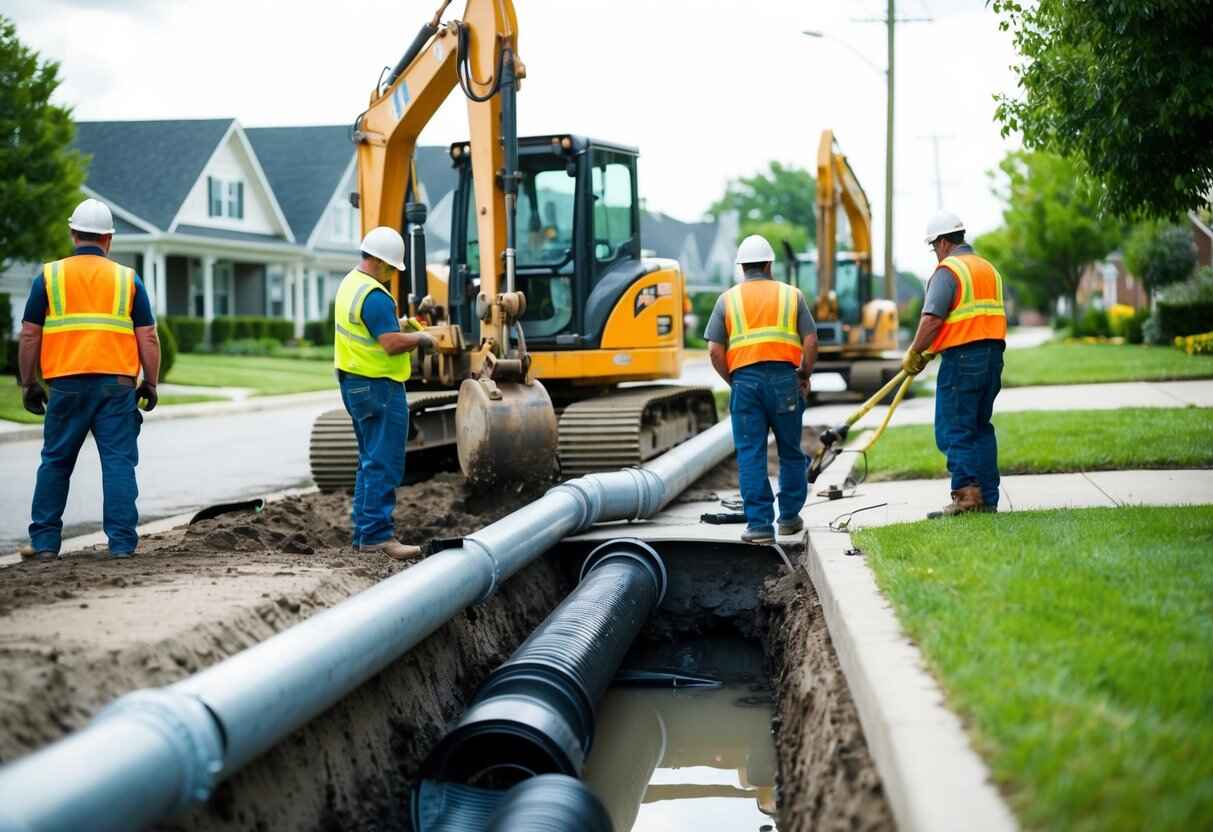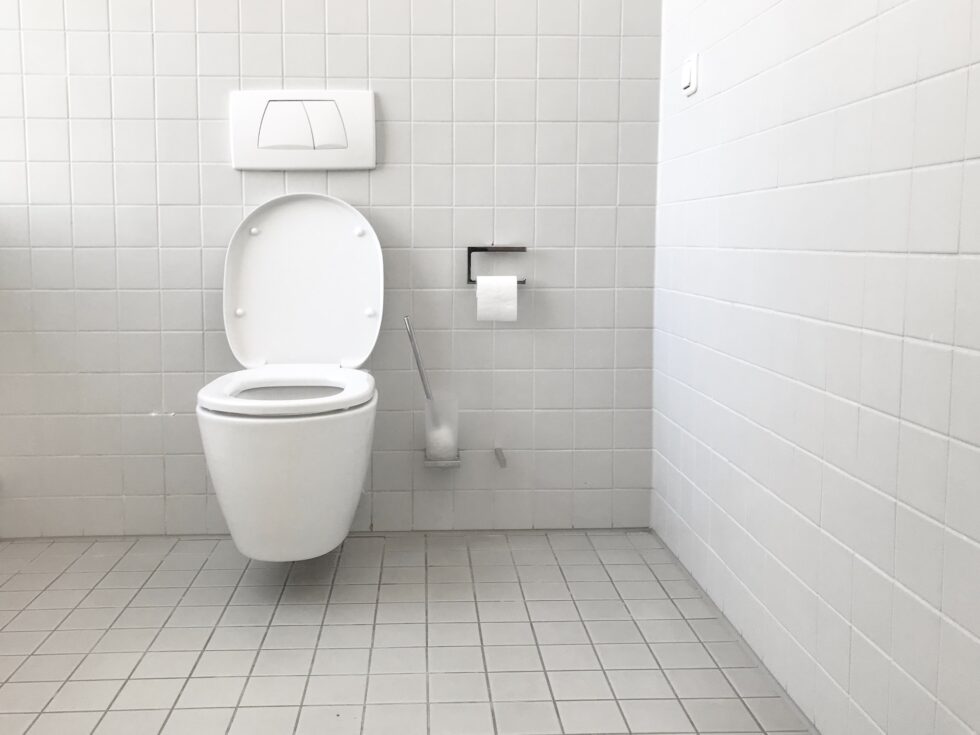When your water heater begins acting up, daily routines like showering, washing dishes, or doing laundry quickly become frustrating. In this detailed guide, you’ll learn how to tell if your water heater needs repair—including early warning signs, common hot water issues, and the exact situations when professional service becomes necessary. This overview uses the primary keyword water heater repair to help homeowners understand the causes, symptoms, and solutions for restoring reliable hot water. Whether you’re facing inconsistent heating, unusual noises, or rising energy bills, this blog will walk you through everything you need to know to protect your home and avoid costly breakdowns.
Understanding Early Signs Your Water Heater Needs Repair
A water heater is one of the most essential appliances in your home, yet it’s also one that many homeowners overlook—until it stops working. Recognizing the early signs that your system is failing can save you from a cold shower, high utility bills, or unexpected plumbing repair emergencies. This section will help you understand the most important indicators that something is wrong, especially if you’ve noticed symptoms related to hot water issues, strange noises, or leaks. Proper water heater maintenance and timely repair are the keys to extending the lifespan of your unit.
Common Signs Your Water Heater Needs Repair
Inconsistent or Insufficient Hot Water
One of the earliest signs of a failing water heater is inconsistent hot water. You may notice:
- Water turning cold too quickly
- Hot water lasting only a few minutes
- Water temperature fluctuating during showers
These problems often result from sediment buildup, a failing heating element, or thermostat issues. If you frequently run out of hot water even with minimal use, your water heater is signaling that it needs repair.
Strange Noises from the Water Heater Tank
Popping, banging, crackling, or rumbling noises usually indicate sediment buildup at the bottom of the tank. As the layer thickens, the heating element must work harder, causing overheating and potential long-term damage. In gas units, sediment can cause dangerous pressure changes. Ignoring these sounds can lead to cracks or tank failure.
Discolored or Rusty Hot Water
If your hot water looks yellow, rusty, or cloudy, there’s a significant issue. This usually means:
- Inside tank corrosion
- Rusted pipes
- A failing anode rod
Discolored water also affects the taste and odor. If left unresolved, it can lead to leaks or total unit replacement.
Water Leaks Around the Unit
Leaks around the water heater base often signal:
- A cracked tank
- Damaged pressure relief valve
- Corroded fittings
- Faulty drain valve
Even minor leaks can cause mold, water damage, and floor deterioration. Addressing leaks early is essential for preventing major plumbing repair costs.
Sudden Spike in Utility Bills
A malfunctioning water heater works harder, uses more energy, and drives up electricity or gas costs. If your utility bills rise without explanation, your water heater may be overheating, working inefficiently, or losing heat due to sediment buildup.
Causes Behind These Hot Water Issues
Sediment Buildup in the Tank
Alaska, Texas, Florida, or any state with hard water can experience a high rate of mineral buildup. Sediment settles at the bottom of the tank, reducing heating efficiency and causing popping noises. Over time, thick layers of sediment force the system to overwork, increasing the need for water heater repair.
Failing Heating Element or Burner
Electric water heaters use heating elements, while gas units rely on burners. When these fail, the water may not heat properly. Symptoms include lukewarm water, no hot water at all, or irregular heating cycles.
Thermostat Malfunction
Your thermostat regulates the water temperature. If it malfunctions:
- Water becomes too hot
- Water stays too cold
- Temperature fluctuates randomly
A faulty thermostat is a common cause behind hot water issues and is usually easy to replace.
Corroded Tank or Pipes
Rust and corrosion occur naturally over time. A corroded tank can leak or burst, while corroded pipes may cause discolored water. If the tank itself is compromised, replacement is usually the only safe solution.
When to Repair vs. Replace Your Water Heater
Age of the Water Heater
Most water heaters last:
- 8–12 years for traditional tanks
- 15–20 years for tankless units
If your heater is past this age and showing signs of failure, repair may be temporary. Replacement becomes more cost-effective and safer.
Cost of Repairs vs. New Installation
If repair costs exceed 50% of the price of a new unit, replacement is the smarter option. Frequent breakdowns or expensive parts also signal that your heater is nearing the end of its life.
Energy Efficiency Considerations
Older water heaters consume more energy, increasing monthly bills. Upgrading to a modern, energy-efficient system can save you money in the long run and improve hot water performance.
Benefits of Timely Water Heater Maintenance
Longer Equipment Life
Regular maintenance prevents sediment buildup, corrosion, and overheating. With routine care, your water heater lasts significantly longer.
Better Heating Efficiency
A well-maintained heater uses less energy and provides consistent hot water. Flushing the tank, checking the thermostat, and inspecting components help maintain peak efficiency.
Lower Energy Costs
Ignoring minor issues leads to bigger energy consumption. Keeping the unit clean and functional reduces your utility bills.
Reduced Risk of Major Plumbing Repair Issues
Small issues become costly emergencies when ignored. Timely water heater repair prevents leaks, tank failure, and water damage.
DIY Checks You Can Do Before Calling a Professional
Checking the Power Supply or Pilot Light
Before calling a plumber:
- Electric units: check the breaker and power connection
- Gas units: make sure the pilot light is lit
Many minor problems come from simple power interruptions.
Flushing the Tank to Remove Sediment
A yearly flush removes minerals and debris, restoring heating efficiency. This prevents noise, overheating, and heating element failure.
Adjusting the Thermostat
A simple thermostat adjustment may solve inconsistent hot water issues. Set your thermostat to the recommended 120°F (49°C).
Inspecting for Visible Leaks
Check:
- Valves
- Pipes
- Fittings
- Tank base
If you find a leak, shut off the water supply and call a professional immediately.
When to Call a Professional Water Heater Repair Service
Safety Risks of DIY Repairs
Water heaters involve:
- High pressure
- Gas lines
- Electrical components
DIY mistakes can cause fires, explosions, or severe water damage.
Why Certified Plumbers Offer Better Protection
Licensed plumbers provide:
- Accurate diagnosis
- Professional-quality repairs
- Warranty-backed service
They identify hidden issues you may miss.
Long-Term Benefits of Expert Repair
Professional repair increases:
- Safety
- Efficiency
- Lifespan
- Reliability
It also prevents recurring problems.
Professional Water Heater Repair Services From Home Fix Services
If you’re dealing with hot water issues, strange noises, leaking tanks, or inconsistent heating, Home Fix Services delivers expert water heater repair you can trust.
Why Choose Us
- Certified and experienced plumbers
- Fast and reliable service
- Affordable pricing
- Full repair, replacement, and maintenance support
- Accurate diagnosis for long-term performance
Conclusion
Your water heater works hard every day, and when something goes wrong, it’s important to act quickly. From odd noises to inconsistent heating, leaks, or high bills, these signs indicate it’s time for professional water heater repair. Addressing issues early prevents expensive damage, improves efficiency, and ensures your home always has reliable hot water.
📞 Contact Home Fix Services
Website: https://homefixservices.us/
Call Us: 380 979 0328
